Australian actress Cate Blanchett made headlines this week when, in a discussion at the Rome Film Festival, she expressed her belief that straight actors should be able to portray gay characters without controversy.
The two-time Oscar-winning actress (who was also nominated for her portrayal of the lesbian title character in “Carol”) said, “And I will fight to the death for the right to suspend disbelief and play roles beyond my experience … particularly in America, I think, we expect and only expect people to make a profound connection to a character when it’s close to their experience.”
The problem with Blanchett’s statement is not so much what she said about the kind of experience an actor must have to play a particular role. Of course actors can and should play characters whose experiences are completely foreign to them — after all, the entire point of acting is to “suspend disbelief,” as Blanchett said. Where would we be if she had been forbidden from portraying Katharine Hepburn in “The Aviator” or Queen Elizabeth I in “Elizabeth” because she didn’t know what it was actually like to live and breathe as the classic film actress or the 16th century monarch?
There is no doubt in my mind that Blanchett can play any role in the entire world, but that’s simply not the biggest issue at hand here. And although a valid argument could be made about how much more deeply a gay actor could relate to a gay character’s experience than a straight actor could, that is not the main problem with Blanchett’s statements, either.
What Blanchett failed to consider about the issue is that when straight actors are given roles as LGBT characters, it robs actual LGBT actors of opportunities. Because opportunities equal money, it could also end up robbing them of their livelihood in the long run. People fail to realize just what struggles American LGBT people face when it comes to employment — they can still be fired based on their sexual orientation in 28 states and are more likely to live in poverty than Americans who are heterosexual. Considering the struggles so many in the LGBT community face on a daily basis, the very least Hollywood should do is cast LGBT people in LGBT roles.
Besides the threat casting a straight actor in a gay role presents to a gay actor’s livelihood, there is also the issue of LGBT representation. What message is sent to young people in the LGBT community when they repeatedly see straight actors playing gay characters? Is it that no matter how high a gay actor may rise in Hollywood, they will still lose out on playing a character of their own sexual orientation or gender identity to a straight actor?
Without fail, this issue of representation comes up every year when awards season rolls around and some straight actor is inevitably nominated for their portrayal of an LGBT character. According to Advocate, a LGBT news source, this has happened at least 52 times at the Oscars. This occurred most recently in 2018 with Timothée Chalamet’s leading actor nomination for “Call Me By Your Name” and Richard Jenkins’ best supporting actor nomination for for “The Shape of Water.”
Some may think it is ridiculous for a person’s sexual orientation to be a requirement for what is ultimately just a job, or that it would be discrimination to prevent straight actors from playing LGBT characters. Some may even ask how we are sure these so-called straight actors are indeed straight? By continuing to assume they are straight, are we maybe mischaracterizing them or even pressuring them to come out to (for lack of better phrase) set the record straight?
I would disagree with all of these arguments, as there are plenty of “out” actors in Hollywood who are ready and waiting to play gay roles. If casting directors are concerned about casting an actor whose sexual orientation they are unsure of, they could always err on the side of caution and cast an actor who is “out.” It is also unlikely that straight actors would suffer from not being able to portray LGBT characters, as they’re currently getting twice the work playing straight roles and LGBT roles anyway. At the end of the day, there is no valid excuse.
Back in 2016, actor Sir Ian McKellen (himself a gay man) said that no openly gay actor had ever won an Oscar for Best Actor. It is 2018, and this remains the case. Hollywood should be ashamed. Just as directors, producers and casting directors must start listening to recent calls for greater representation of women and people of color in films, they too must start listening to calls for greater LGBT representation.



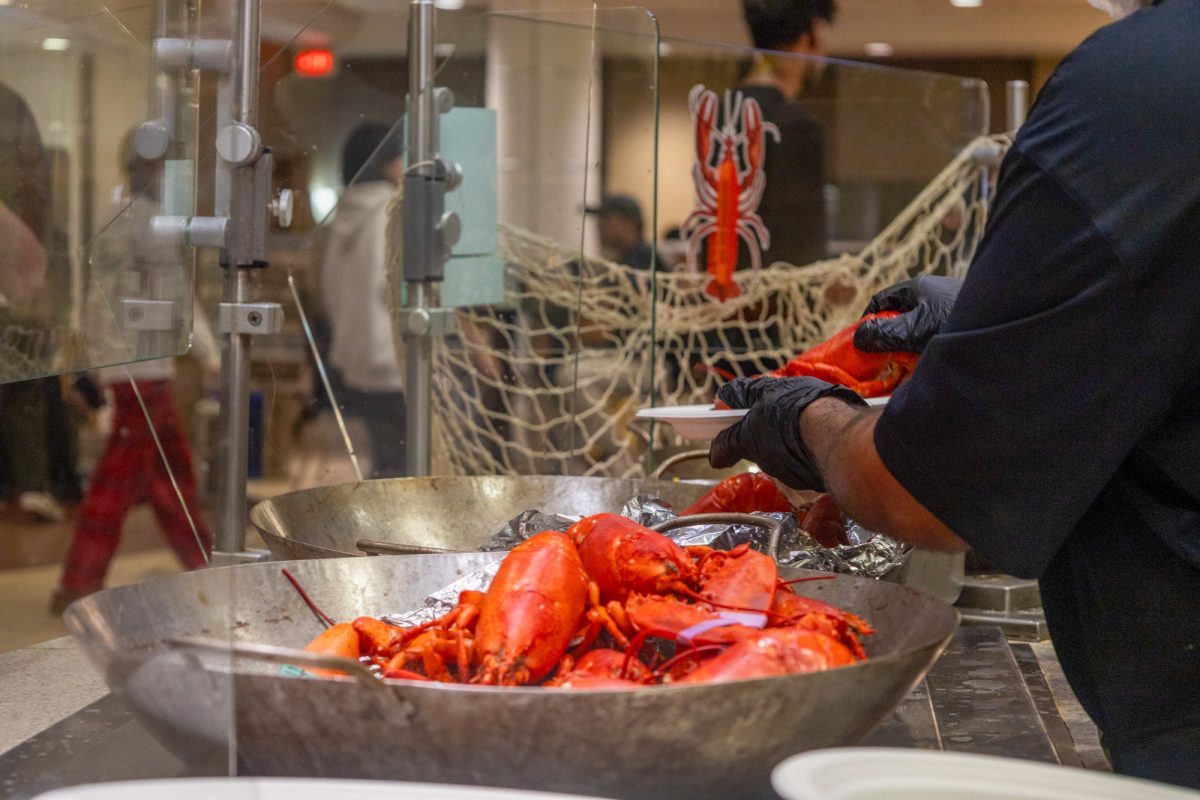


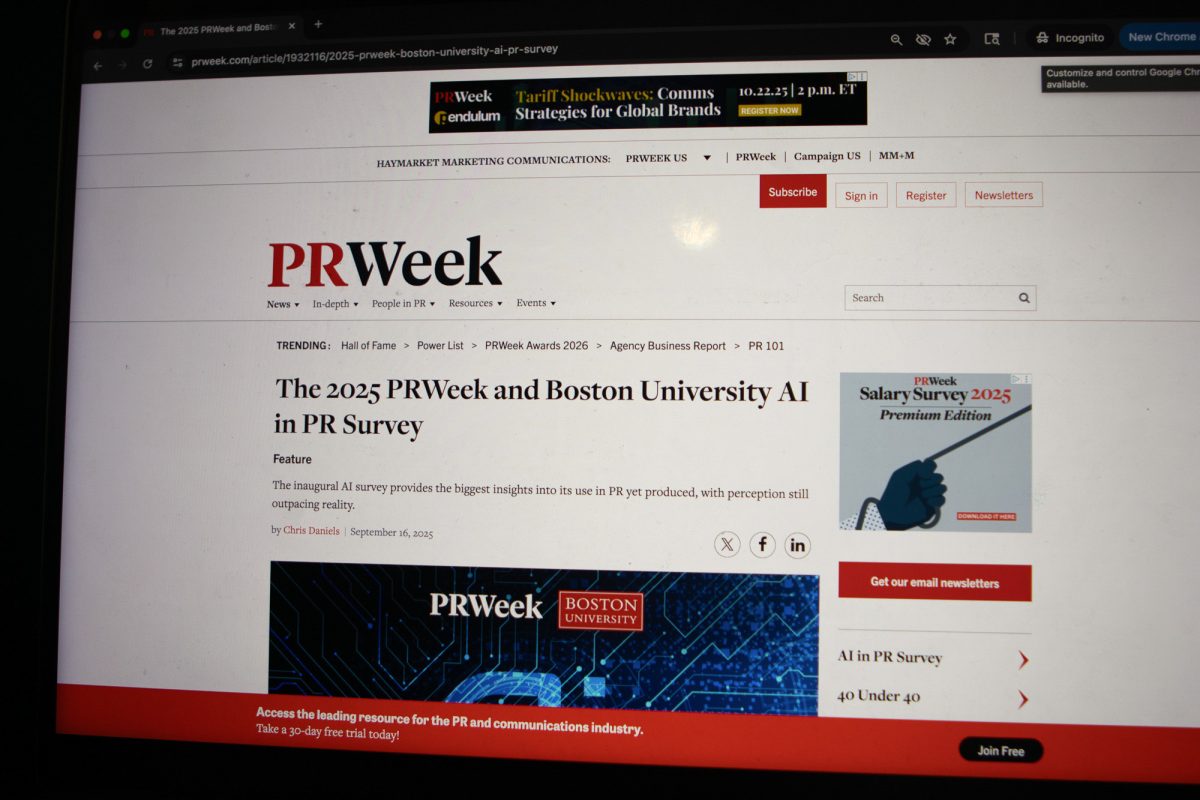

















































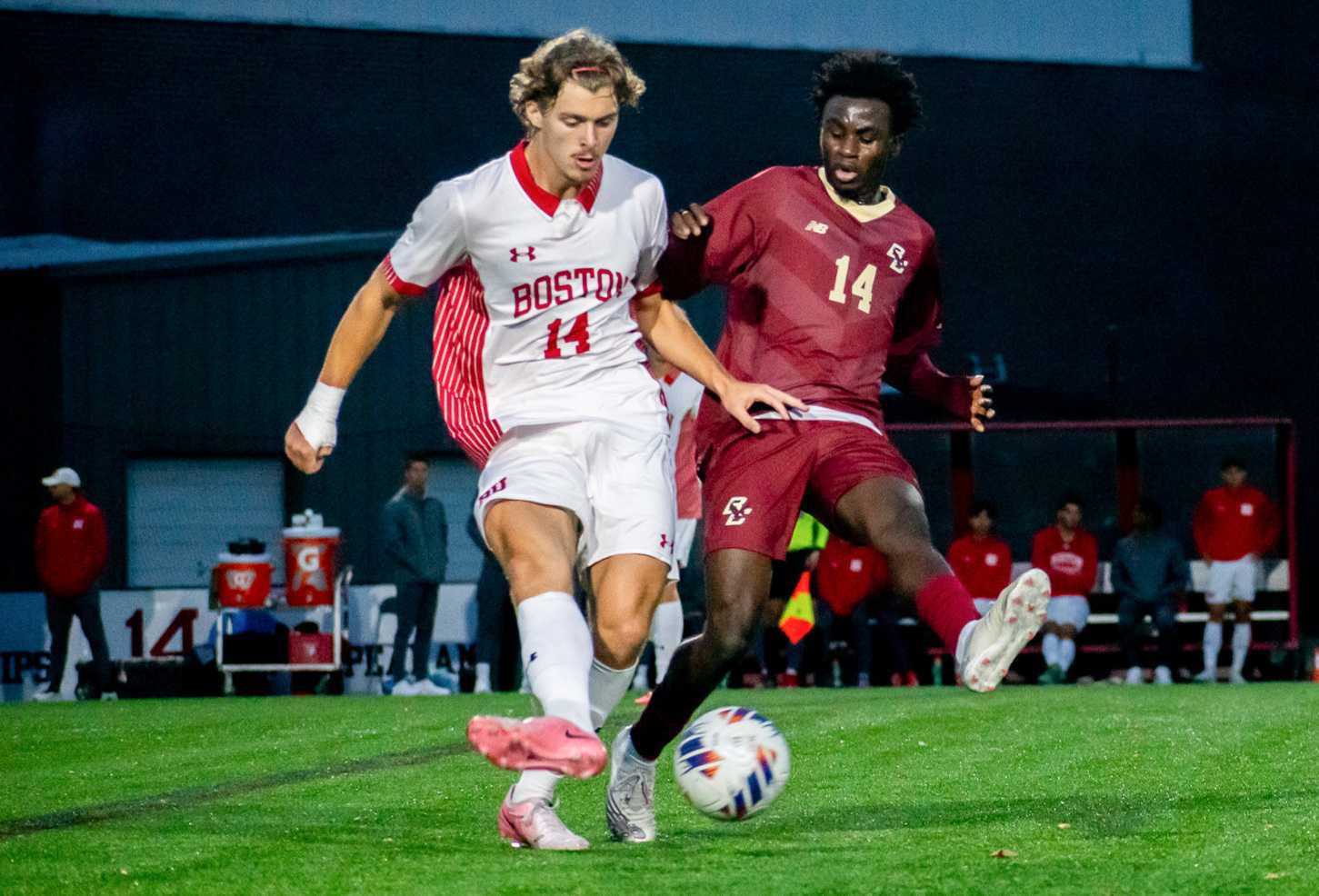































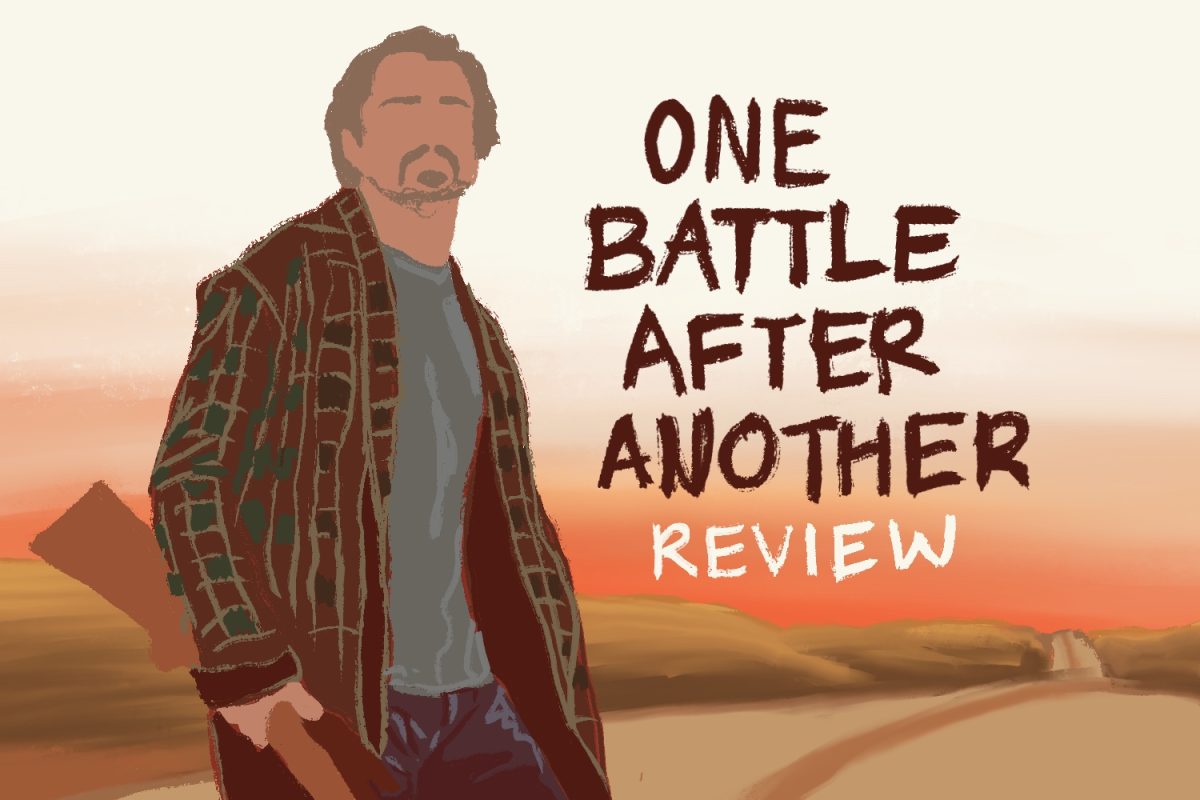
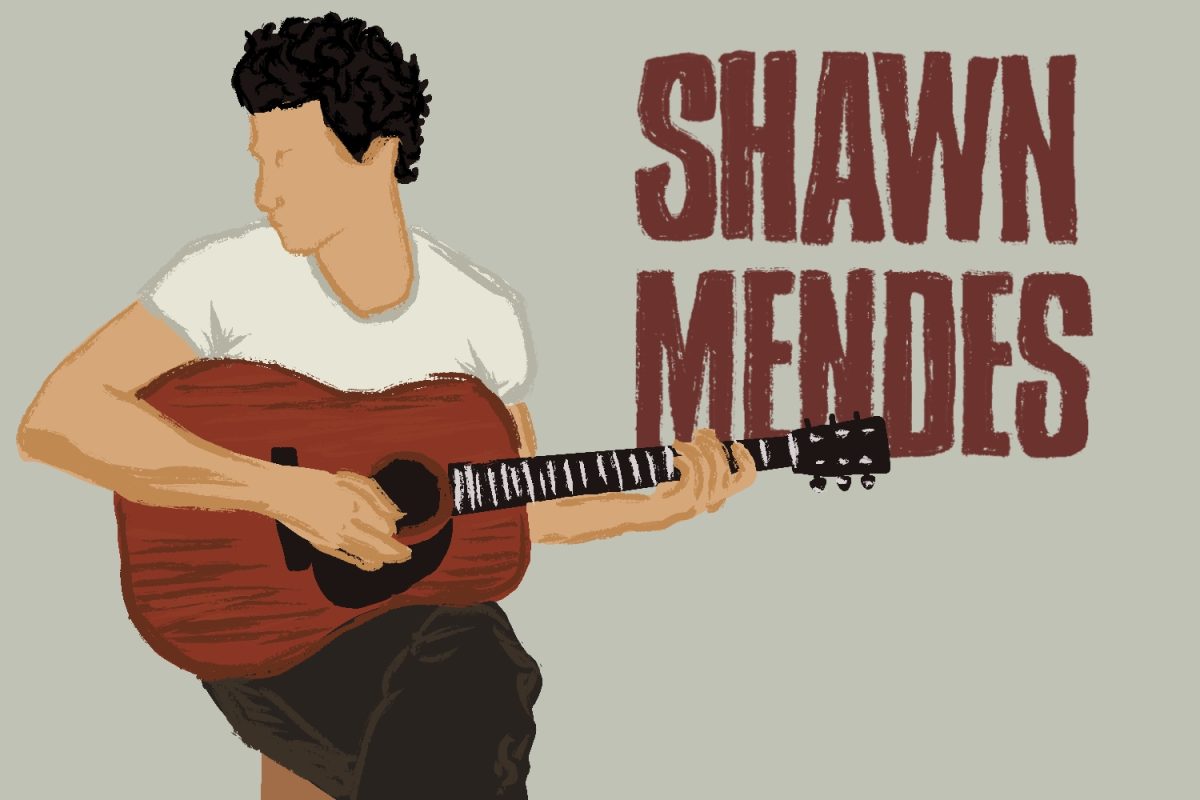
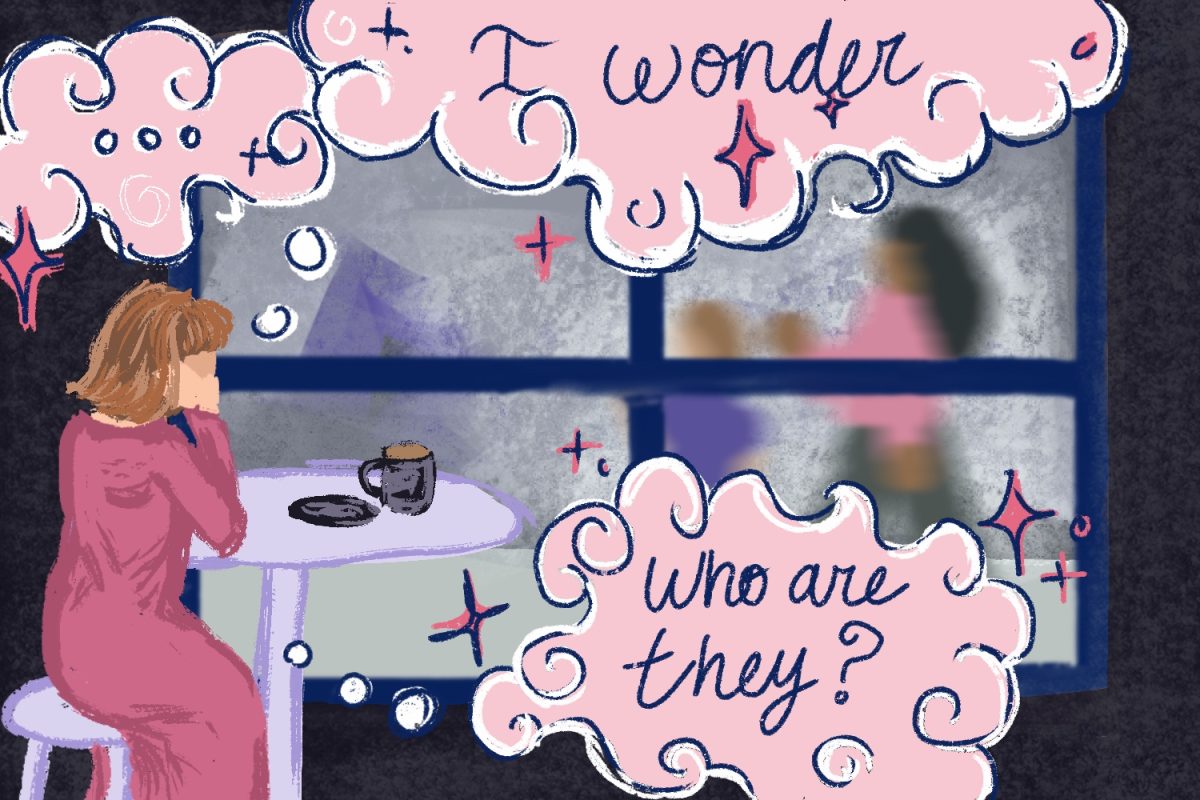
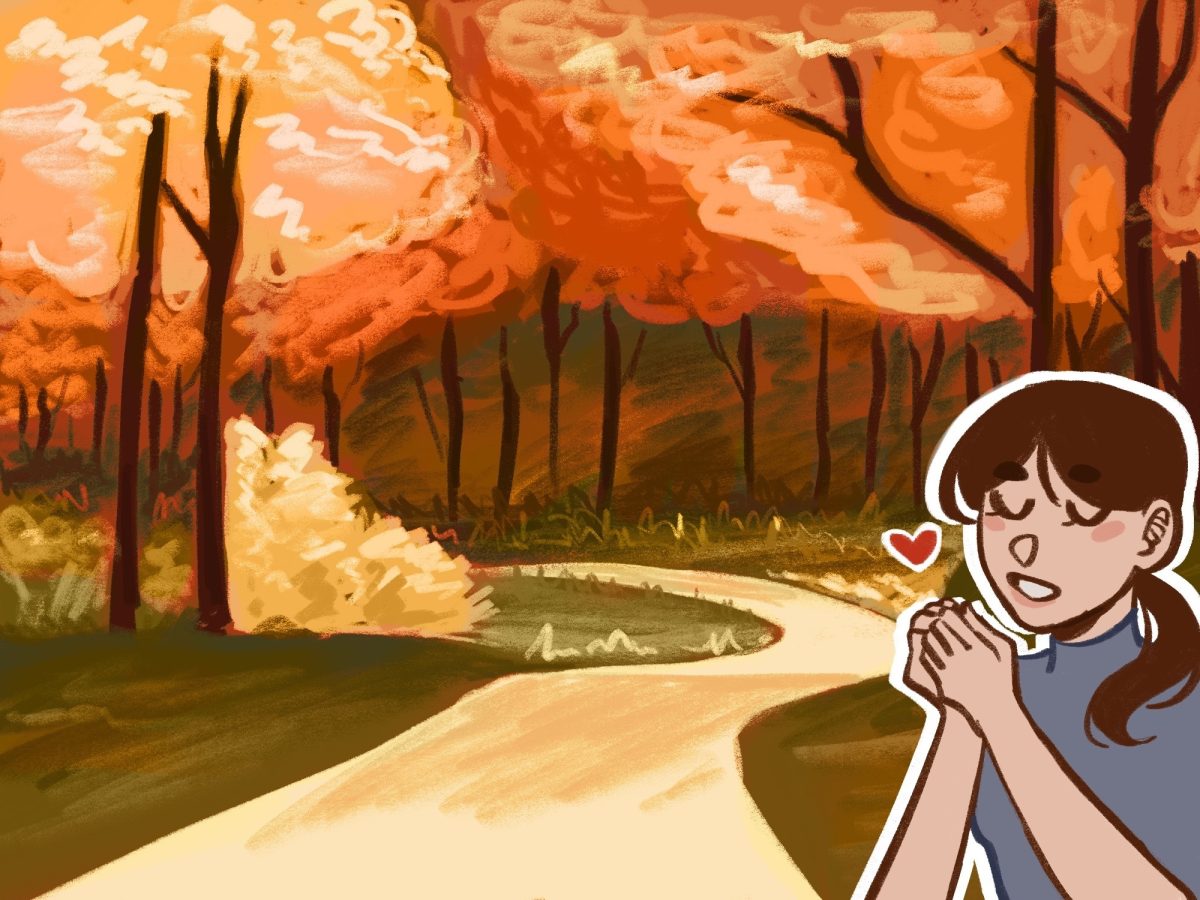
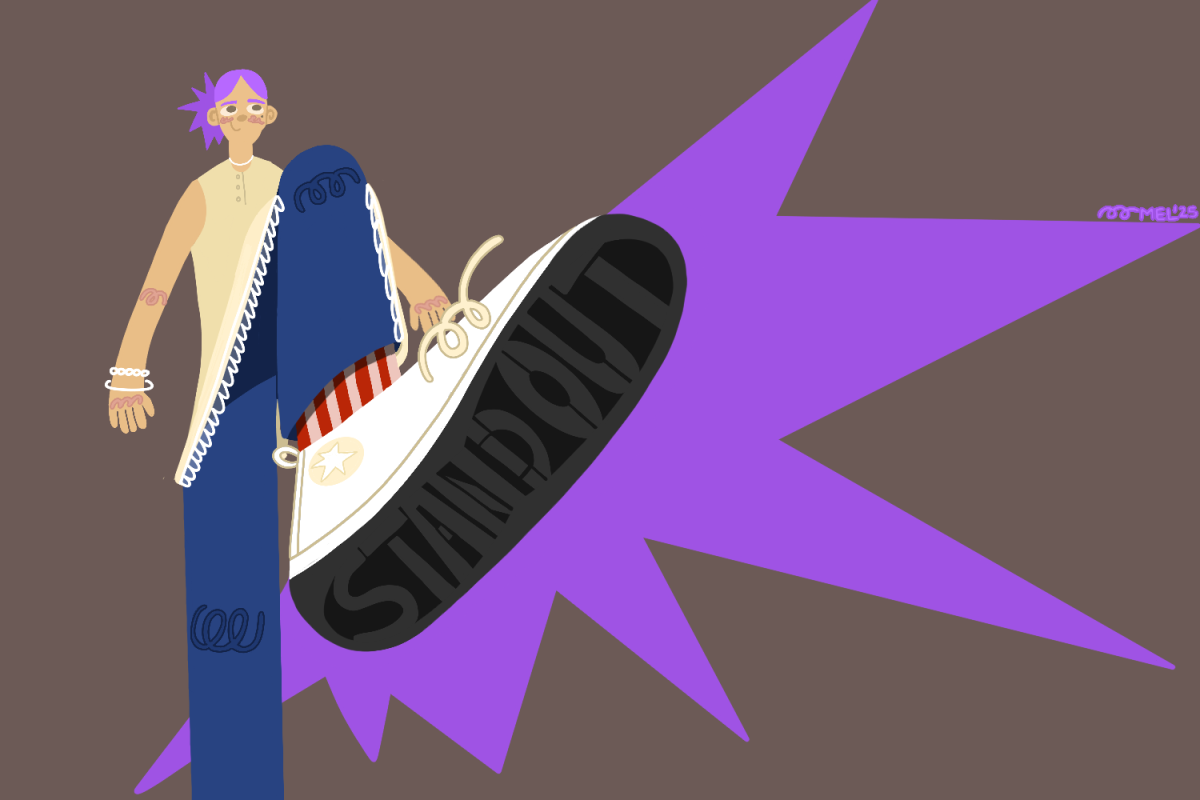























Bruce Apar • Oct 25, 2018 at 10:07 am
Moviegoing may be a diversion for you, but it is a business for those in the moviemaking industry. If a straight actor and an LGBT actor audition for the role of an LGBT character, and the casting director determines the straight actor would be a better choice, your rationale implies the straight actor “robbed” a job from the LGBT actor. Your rationale also endorses entitlement based on an actor’s sexual orientation, regardless of the variables that go into a casting decision. I don’t disagree that the LGBT community faces oppression in parts of our society, but not being hired for a movie role, in the scenario you describe, is not a form of social oppression. It is the result of commercial and creative choices that are carefully weighed. Every time any person is hired for a job, it doesn’t equate to somebody else being “robbed” of a job, yet that is the argument you wage here.
Draken • Nov 2, 2018 at 7:27 pm
But straight actors are more entitled to both straight and LGBTQ roles because there has been a long history of producers, casting agents, and directors give more opportunities to straight actors because “acting” or “appearing” straight is a range society is comfortable with. Even if an actor is gay the studio is more likely to give the butcher gay actor the role than the one who appears more feminine. Since the majority of actors and people are straight they are given more opportunity to excercise their talent. Thus creating a cycle of casting established straight actors in LGBTQ roles because the studio knows it can help greenlit a gay movie and make straight people go see it. If it’s hard enough for studios to back a LGBTQ movie or gay tv roles, of course they are going to cast straight actors so that the studio feels invested enough that the straight actors can coerced audience to feel they aren’t being thrown authentic gayness because if a straight actor is cast in a gay role there is a limit of how far or how gay the movie will go. For example Will and Grace. A gay actor was supposed to play Will (the lead) but the network opted to hire a straight actor to avoid this. Also to bait ladies to tune in and watch the straight lead.
Now that we have grown to accept LGBTQ more there still needs to be changes. This practice has still been going on in both tv and movies. Look at Call Me By Your Name, Timothee Chalamet. He brought in a large number of female audiences because there’s a mentality that girls can date the lead. The term “fan girling” is prevalent because these types of audiences is what helps the movie or an entertainer’s career. Because of Chalamet role in that film it lead him to more opportunities. LGBTQ actors don’t have any of those chances or opportunities because a lessser known straight actor is more bankable than any LGBTQ actor.
Also Hollywood boxes LGBTQ actor’s to only play LGBTQ roles so we rarely get to play any straight or leading roles. Limiting our chances. If straight actors wants to play LGBTQ roles that’s fine but they should support the community and pressure Hollywood to cast more of us in any roles. If gays can support straight actors why can’t they support us and our struggles? Just because we look straight doesn’t mean we aren’t discriminated, we are still minorities. If society and Hoywood can back up black, women, and Asian actors they should be able to support LGBTQ actors. There are roles out there for the gays but we are not the first to be casted or asked to go to auditions. The level of playing field has always favored straight white actors and should equal to all backgrounds. If Cate Blanchett has done her research and instead of viewing this through her superior opportunist no need to go to audition eyes, she would see that LGBTQ actors are still being repressed by Hollywood.